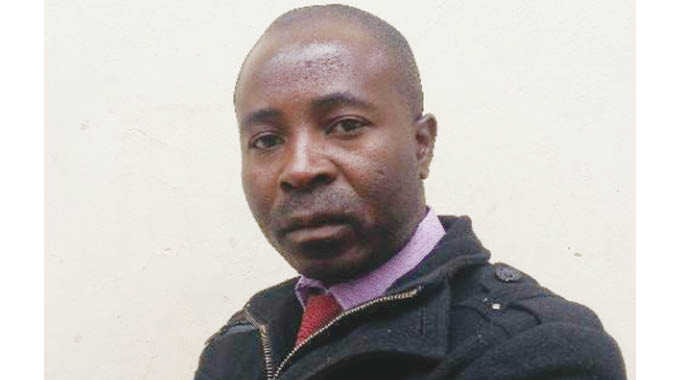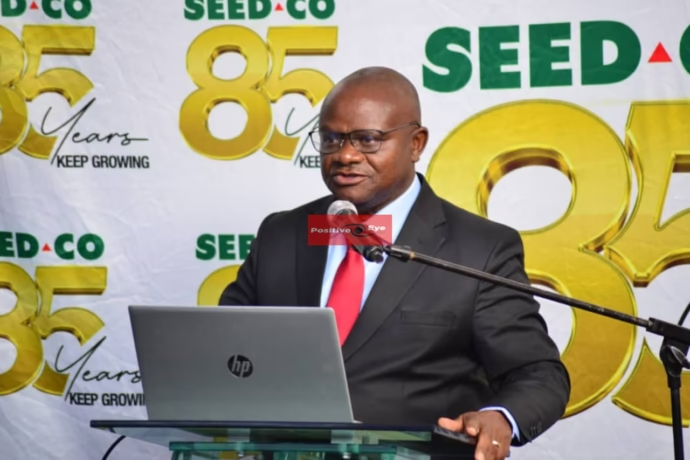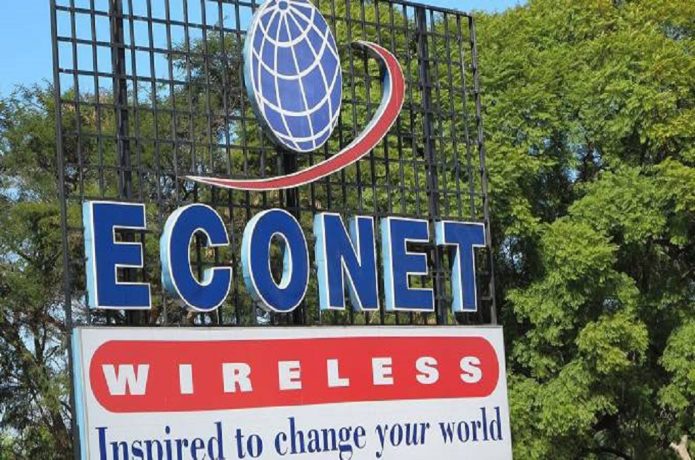
The RBZ foreign currency exchange rate system requires that prices be given in both local and foreign currency with boards showing the exchange rate used displayed in each store for the benefit of customers.
In terms of Statutory Instrument 185 of 2020, it is an offence not to display prices in both the Zimbabwe dollar and the US dollar.
President Mnangagwa gazetted the statutory instrument, Exchange Control (Exclusive Use of Zimbabwe Dollar for Domestic Transactions) (Amendment) Regulations, 2020 (No.3), which amended the original subsidiary legislation that compelled sole use of local currency.
Under the amendment no one can provide goods or services in Zimbabwe without displaying, quoting, or offering the price of such goods and services in both the Zimbabwe dollar and foreign currency at the ruling exchange rate.
The latest development by retailers follows last week’s gazetting by Government of Statutory Instrument (S.I) 218 of 2023, which effectively extends the use of the multi-currency system to December 2030, putting to rest the anxiety by businesses and potential investors over currency debate.
Initially, the Treasury had stated that the prevailing dual currency model in which the local dollar is used alongside a basket of currencies would end in 2025 with a return to the Zimbabwean dollar.
The latest move has been applauded by economists and business players who say that this will give assurance to financial institutions and guarantee them a leeway to provide long-term loans, which is critical for business growth.

Mr Denford Mutashu
A senior manager at OK Zimbabwe explained that their decision to index their prices solely in United States dollars is in response to the unstable exchange rates that change almost on a daily basis.
“Our local currency rate fluctuates on a daily basis and that means we have to be changing our local currency price tag daily as well. Basically, that is the reason why we have since decided to exclusively denote our prices in USD terms, but our clients can still have the option to pay in local currency,” said the manager.
Consumer Council of Zimbabwe (CCZ) Matabeleland regional manager Mr Comfort Muchekeza said as a consumer body they have also noted that retailers are now displaying USD prices.
He, however, said displaying exclusively in USD should not translate to denying consumers the use of the local currency or any other currency of their choice since the country has adopted a multi-currency regime.
“It is against the law to refuse other currencies or not to display the exchange rate. If they don’t want to display the exchange rate, they should display prices in all currencies for the benefit of consumers,” said Mr Muchekeza.
He warned that retailers should not price their goods above the stipulated exchange rates.
Local authorities, including Bulawayo City Council, are also indexing their rates in foreign currency with residents having an option to settle the bills in the currency of their choice using the prevailing exchange rate of the day.
Asked why retailers were indexing their prices in USD, Confederation of Zimbabwe Retailers (CZR) president Mr Denford Mutashu said they are working with the Government to entrench the use of the local currency.
He applauded the Government for the extension of the multi-currency system tenure until 2030 saying that it will inspire confidence in the market.
“We are happy that His Excellency Dr Mnangagwa is a listening President who heeded to our multi-currency system tenure extension call to achieve high Gross Domestic Product growth. With these successful engagements with the Government under the astute and visionary leadership of Dr ED Mnangagwa, we look forward to future collaborations as we move ahead to build our nation together,” he said.
He said CZR believes that through engagements with the Government, policy frameworks can be changed for the betterment of the business and the economy at large.
Mr Mutashu, said the Zimbabwean dollar is a legal tender and should be accepted by retailers.
“We are engaging with the Government to ensure that all businesses in Zimbabwe are registered and are transacting formally and also contributing to the fiscus.
“We are engaging the RBZ, Ministry of Finance, Economic Development and Investment Promotion, and the Ministry of Industry and Commerce to ensure that the local currency rules supreme,” he said.
“The Zimbabwe dollar will propel development, lift us from all problems that affected us in the past and it will become one of the most powerful currencies in the region.”
Industrialists and economic experts said the use of local currency helps promote competitiveness in the region and globally.
Economists say the extension of the multi-currency regime to 2030 will also help the Government to come up with proper policy frameworks that will assist in gradually transiting from the multi-currency regime to the use of the Zimbabwean dollar only.
Chronicle




